Review the properties of the most common soil types with this set of 24 multiple-choice task cards.
Review the Properties of Soils
All soils are not made equal! Different soils have different properties, which render them useful for specific tasks.
Some of the properties of soil include:
- Color – Common colors of soil are red, orange, black and brown.
- Texture – How the soil feels when you touch it.
- Filtration – How the soil retains water.
- Structure – The size of the soil’s particles.
This set of task cards has been designed to help your students demonstrate their knowledge of soil types and their properties. Some of the questions they are asked include:
- Which soil type has the smallest particles?
- Which soil type retains almost no water?
- Which soil type is slippery when wet?
- Which type of soil is good for planting trees and shrubs with large roots?
- Which type of soil is gritty and rough?
This resource download contains:
- 24 x multiple-choice task cards
- Student recording sheet
- Answer key
Multiple Variations for These Soil Properties Task Cards
These versatile task cards can be used for whole-class, small-group and independent learning.
If you’re looking to mix things up a little, why not try some of the suggested activities below?
SCOOT! Game
Need to get your students up and moving? Why not use these task cards as a SCOOT activity? Place the cards around the room, then have the students move from one card to the next in pairs or small groups. Once the students have read the card and answered the question, call out “SCOOT!” Students then rotate to the next card.
Show Me!
Provide the students with mini dry erase boards and markers. Show them the task cards in turn. Have the students write the letter that corresponds to the answer on their boards. When the students are finished, say “Show Me!” Students can turn around their boards, allowing you to monitor who requires additional help with the concept.
Download Your Preferred File Format
Use the dropdown arrow on the Download button to select the PDF or Google Slides version of this resource.
Print one version of the resource, then copy the task cards on cardstock for added durability and longevity. Place all pieces in a folder or large envelope for easy access.
Recording sheets can be placed into dry erase sleeves and reused time and again!
This resource was created by Kaitlyn Blevins, a teacher in Georgia and a Teach Starter collaborator.
Click below for more time-saving resources to use when teaching soils and their properties!
[resource:4817788] [resource:4995057] [resource:4817157]
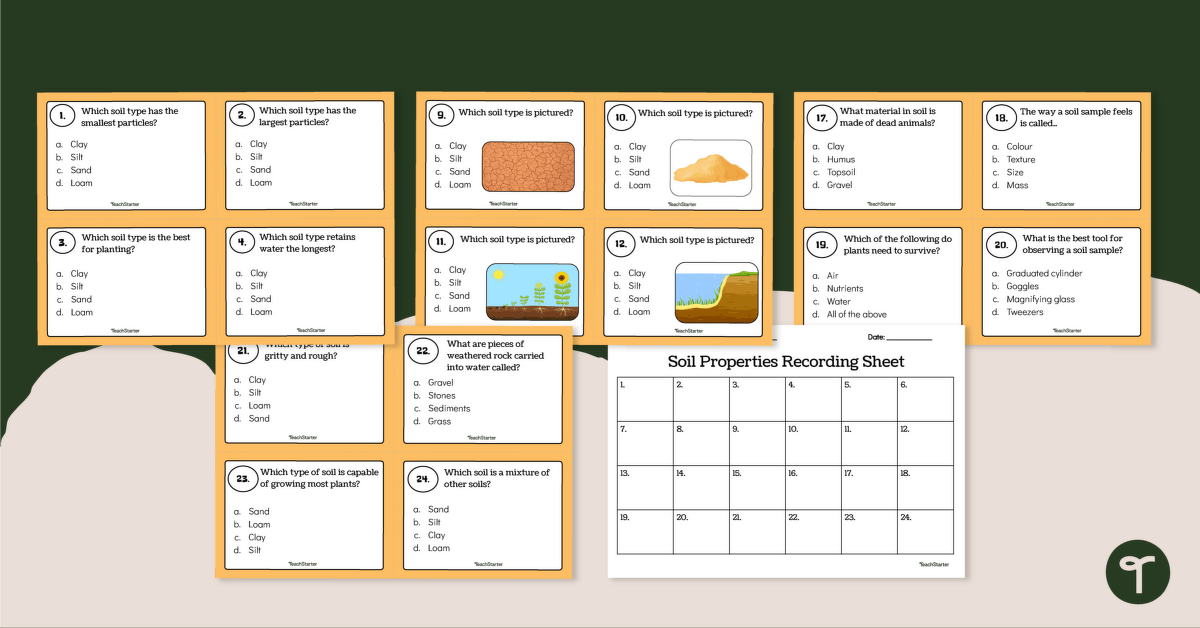

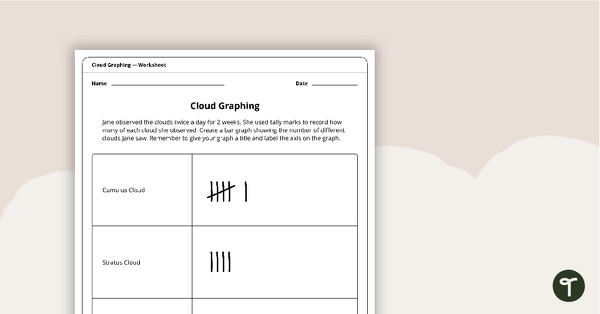
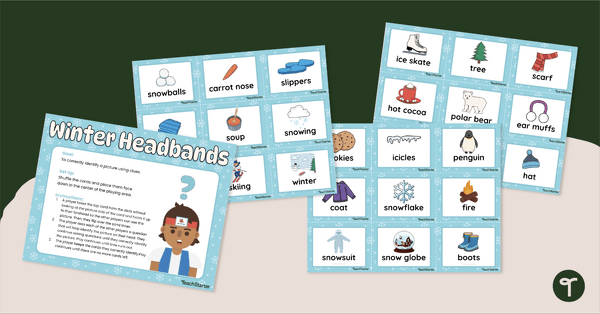
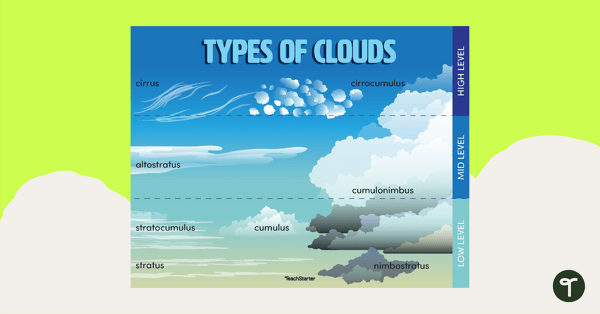
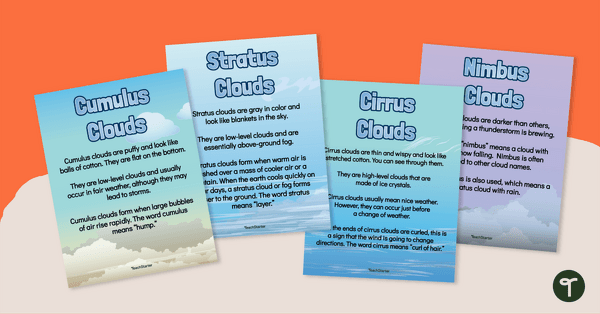
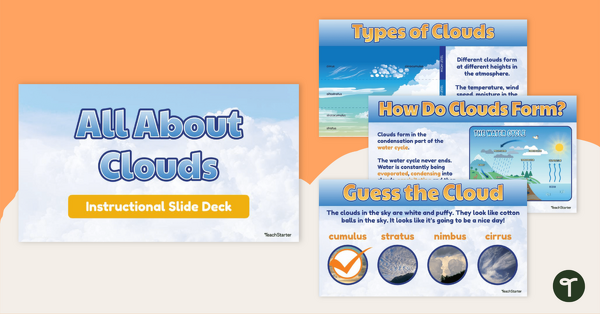
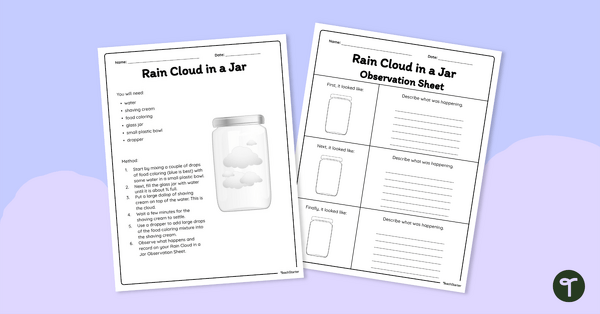
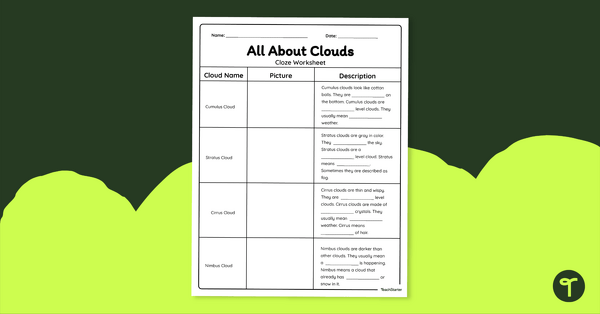
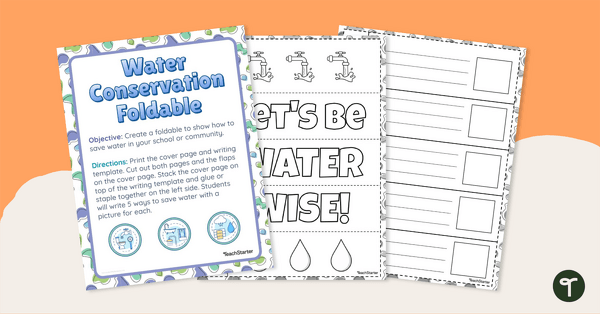
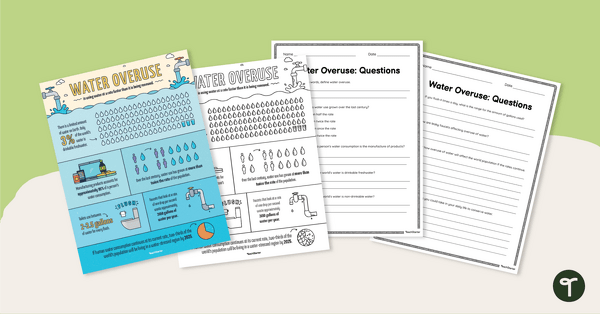
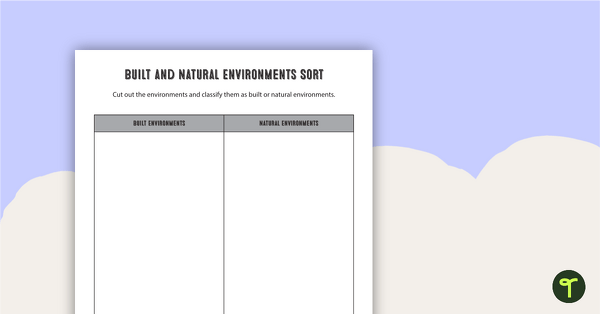
0 Comments
Write a review to help other teachers and parents like yourself. If you'd like to request a change to this resource, or report an error, select the corresponding tab above.